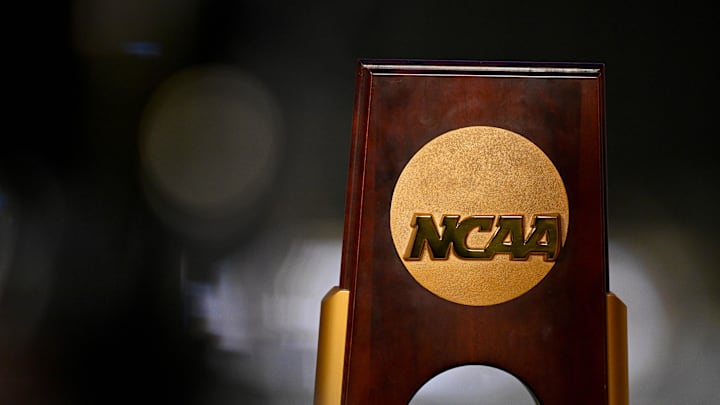As we move into a strange new world of college sports, the challenges confronting the institutions and fanbases are always changing and evolving. Not long ago, it would have been hard to conceive of some of the issues that schools are facing thanks to the advent of NIL and the free transfer, but now most fans are, regrettably, all too familiar with those issues.
As those two particular issues have continued to be a particularly heavy pair of albatrosses around the necks of fanbases and institutions, their interaction with conference realignment— and the increasingly powerless NCAA— is coming to a head.
Ross Dellenger of Yahoo Sports has been out in front of the reporting on the murky future of college athletics for quite some times now, and he just dropped a bombshell. This could be a huge game changer for the way rules are enforced going forwards, and it came out of left field.
Power conferences drafting membership contracts to bind schools to uniform enforcement
One of the particular issues with regulating NIL has been differing state legislation. Given that conferences span different states, sometimes many different states, the rules can consequently be far different for each school, extremely disfavoring some.
To remedy, this, Dellenger reports, power conferences have come up with a new contract.
In a stunning move, the power conferences have drafted a contract that would bind schools to new enforcement rules & require them to waive the right to sue over decisions, sources tell @YahooSports.
— Ross Dellenger (@RossDellenger) May 20, 2025
Schools not signing may risk conference eviction - https://t.co/ielFzieLBP
This evades some of the key issues that fans have been worried about. Obviously, those schools in states with less restrictive laws want to keep their freedom, and those in states with more restrictive laws want the playing field to be even.
These agreements would certainly level the playing field, with some strong enforcement. To the tune of "you're kicked out if you don't agree," I mean.
What better way to get schools to fall in line than making them agree themselves, in writing, to do so? The kicker: they also agree not to sue in case their own state passes more lax regulations.
Will this work? It's hard to say. I don't think schools will like it, but I also don't think anyone will risk being kicked out of the SEC, for example, for taking a principled stand here. This is yet another fascinating entry in this chapter of history of collegiate sports.
